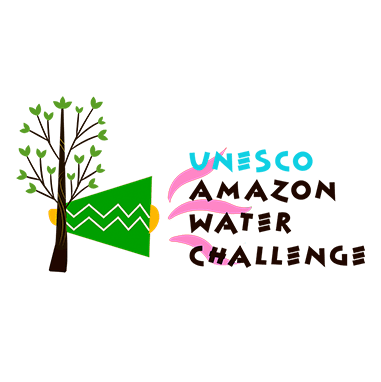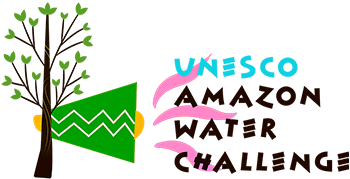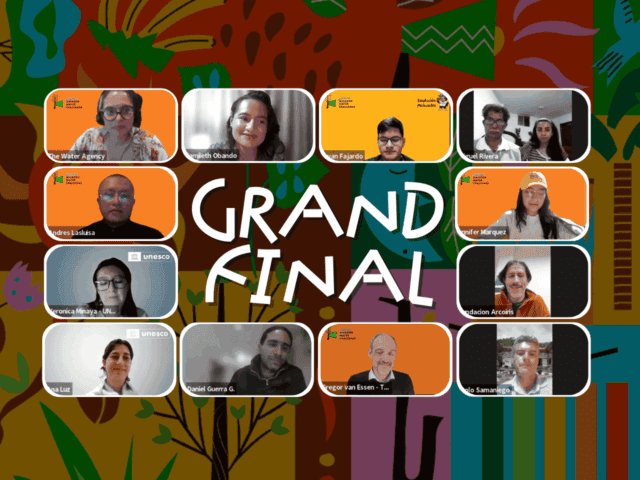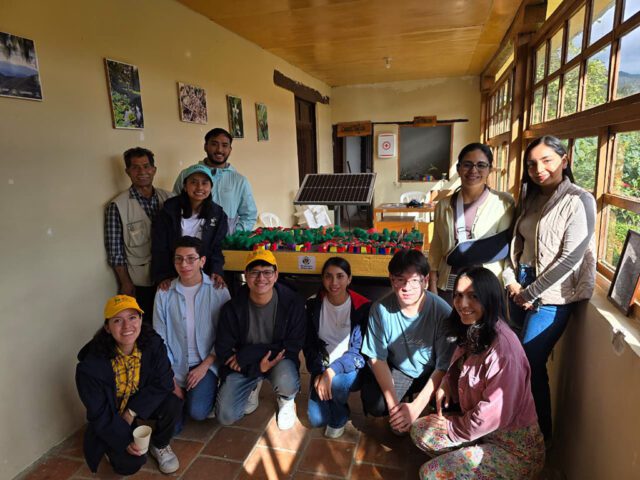Within the UNESCO Amazon Water Resilience Challenge 2025 – Ecuador Edition, three winning teams advanced to the implementation stage, each supported by seed funding and expert mentors. Among them, Water MEVS stood out for its innovative approach to building resilience through sustainable agriculture and community learning in southern Ecuador.
Tackling Drought Through Knowledge and Innovation
In Chapamarca, a community located in the parish of El Tambo, Catamayo (Loja province), families face increasing droughts, irregular rainfall, and ecosystem degradation. Limited irrigation infrastructure and dependence on rain-fed agriculture have heightened vulnerability, threatening food security and livelihoods.
The Water MEVS project aimed to address these challenges by combining education, agroecology, and practical innovation. Through workshops, experimentation, and collaboration, the team empowered 35 smallholder farmers to adopt sustainable techniques that conserve soil and water.
From Training to Tangible Impact
Over several community encounters, farmers learned about water management, soil conservation, and climate-resilient agriculture. The project introduced biodegradable hydrogel — a locally produced material that retains soil moisture for up to 14 days — tested both in laboratories and on farms. Participants also learned to produce bioles, compost, and organic fertilizers, while planting 190 tara trees to restore degraded lands and diversify their income.
The project strengthened collective organization, reducing water-use conflicts and increasing collaboration among members of the local irrigation board. Fire prevention and watershed conservation activities also involved youth and women, ensuring that resilience became a shared community value.
A Growing Network of Resilience
Through its strong social media outreach, Water MEVS reached more than 19,000 people, spreading awareness about water stewardship and sustainable farming. With the support of local partners such as GAD Parroquial El Tambo, Prefecture of Loja, Fundación Ecológica Arcoíris, Red de Jóvenes Podocarpus-El Cóndor, Comunidec, Asociación Agropecuaria Pisa (ASOAGROPISA), the initiative became a model for how innovation and education can create long-term environmental and social impact.





